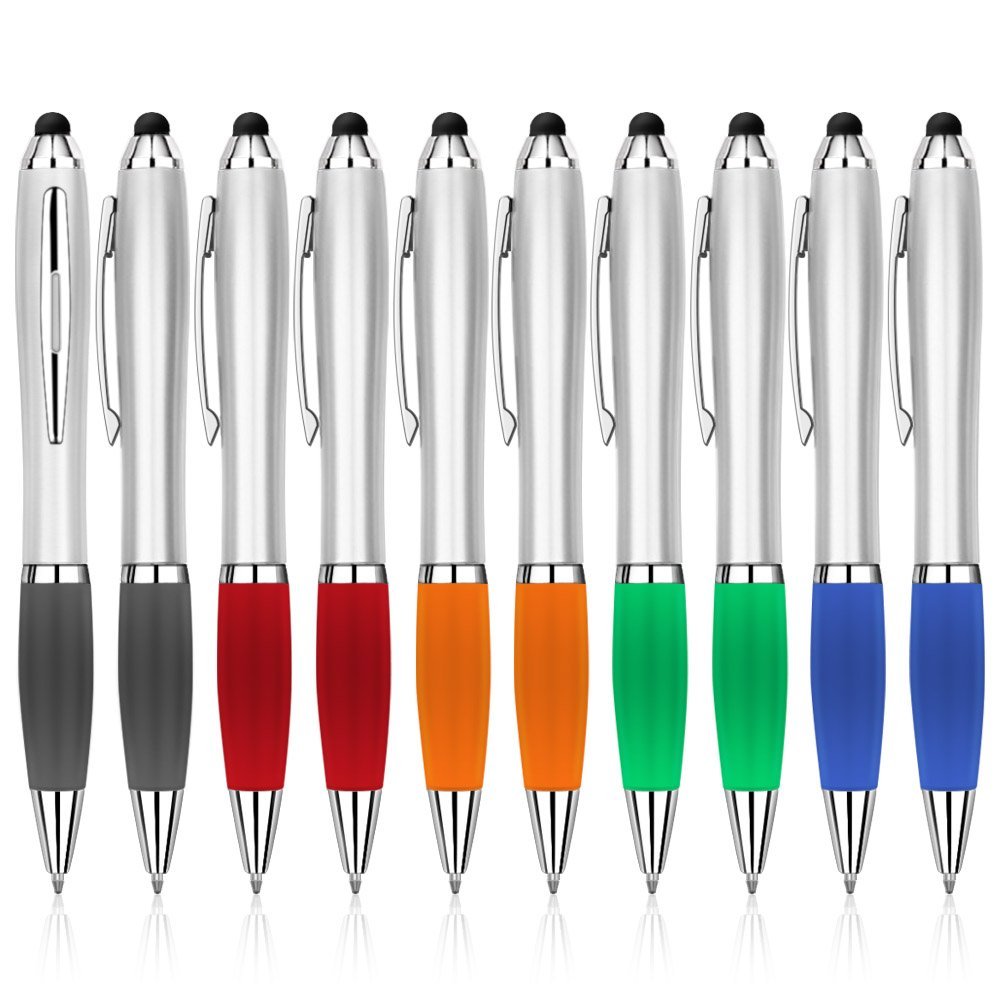
I’ve been there, on the client side. Facing a large project, or other seemingly Herculean effort, I was consistently advised to use the company’s procurement department to help me find the right consulting partner. Inevitably, the request for proposal (RFP) process thrust upon me failed to yield any worthwhile potential partners. Now that I am on the other side, asked to respond as a solution provider, I am more convinced than ever that the restrictive rules associated with many RFPs prevent a successful match from occurring. Here’s why:
The processes used to procure pens, toilet paper, or any other commodity, is fundamentally flawed when used to select a strategic business partner. Commodities are by definition standard products, conforming to similar characteristics, dimensions, and attributes. Sure, there are different types of pens – ink, ballpoint, gel – but the product types are well known and the designs are widely available across a vast range of suppliers. This means that providing and securing quotes for commodities is a pretty straightforward and low risk venture for both the buyer and supplier. The only way to really compete is on price, and the vendor who can make and deliver the pens at the cheapest rate (and sometimes with the most reliable product quality) wins the business.
But what happens when an organization needs help designing, delivering, or implementing a new product or service? Or a new organization design? Or a new culture? Or a new IT system? These are big, hairy, risky, expensive investments! If there was a magical, one size fits all solution to these types of challenges (i.e. a standardized, commoditized approach) then surely more projects would succeed! Apples to apples comparisons would be possible! Unfortunately, as it is, 70% of projects fail to deliver their intended benefits. What causes that variation? Any host of factors that must be continually anticipated, assessed, monitored and managed by a skilled and experienced team.
Simply stated, trying to buy consulting the same way organizations buy toilet paper is bound to increase the likelihood of project failure. We can order toilet paper with certainty that it is the right solution to a repeatable, common, predictable need. We may not always know when we require a different consulting service or approach than the one we have originally requested.
 Consulting firms compete with one another based on expertise, not just price. Smart organizations engage potential consultants early in the project formulation phase. Credible consultants demonstrate value long before any proposal is written or statement of work is signed. Good consultants ask probing questions, brainstorm, and offer different approaches that test the client’s assumptions about what the “right” solution should be. In turn, clients get free consulting and and a chance to see the consultant in action. In the end, both parties can quickly assess whether there is a “match,” which saves everyone time, energy, and effort.
Consulting firms compete with one another based on expertise, not just price. Smart organizations engage potential consultants early in the project formulation phase. Credible consultants demonstrate value long before any proposal is written or statement of work is signed. Good consultants ask probing questions, brainstorm, and offer different approaches that test the client’s assumptions about what the “right” solution should be. In turn, clients get free consulting and and a chance to see the consultant in action. In the end, both parties can quickly assess whether there is a “match,” which saves everyone time, energy, and effort.
For organizations seeking a strategic partner and not just a pair of hands, throw out the restrictive rules in typical procurement-run RFP processes. Ask consultants to submit capability statements before quotes, as a way to narrow down who to invite into the conversation for consideration. Allow the business sponsors to speak directly to potential partners. Allow for more mutual exchange and dialogue.
Apply the rigor of a controlled, standardized RFP evaluation, only after mutual discovery and interaction has occurred. Evaluate each firm’s demonstrated listening skill, strategic thinking, openness to ideas, curiosity, innovation, strength of experience, and collaboration potential, not their ability to parrot back what they think you want to hear based on limited information provided in an RFP.
Try it, and see if your success rate in securing the right partner is better than mine. It can’t be worse.

Leave a Reply